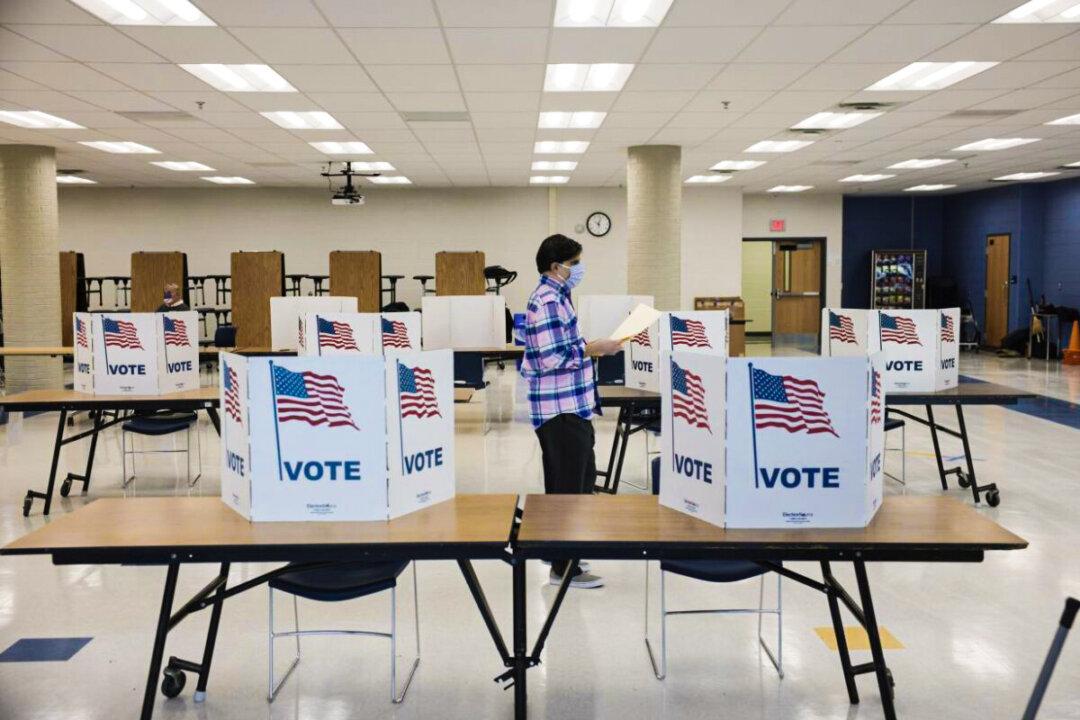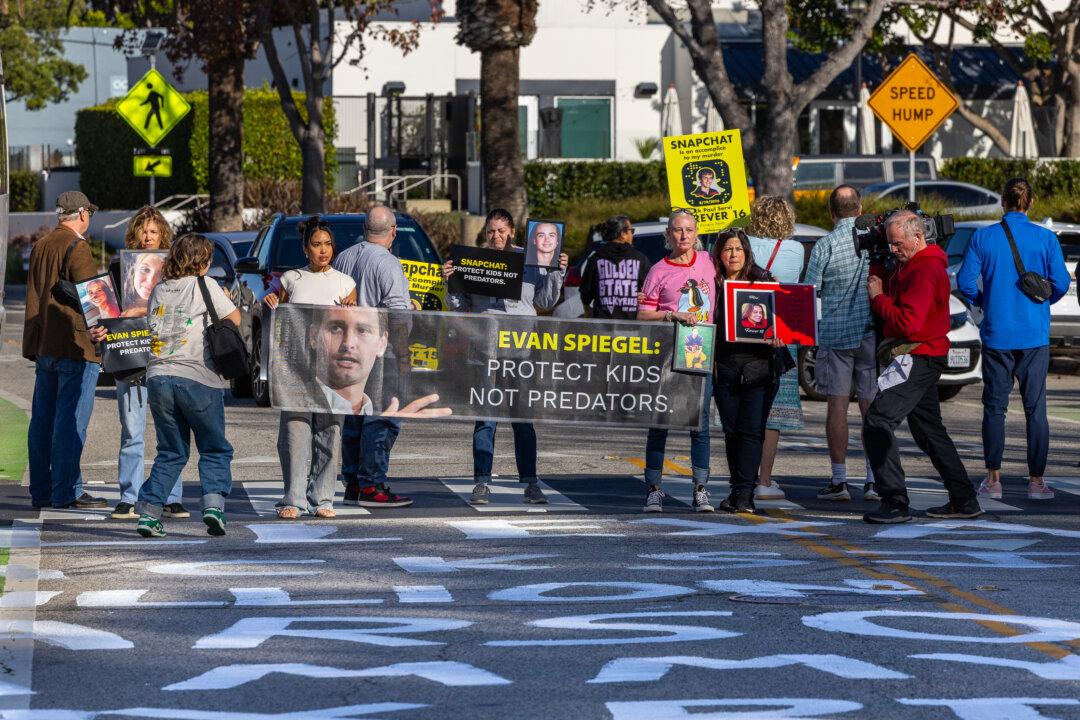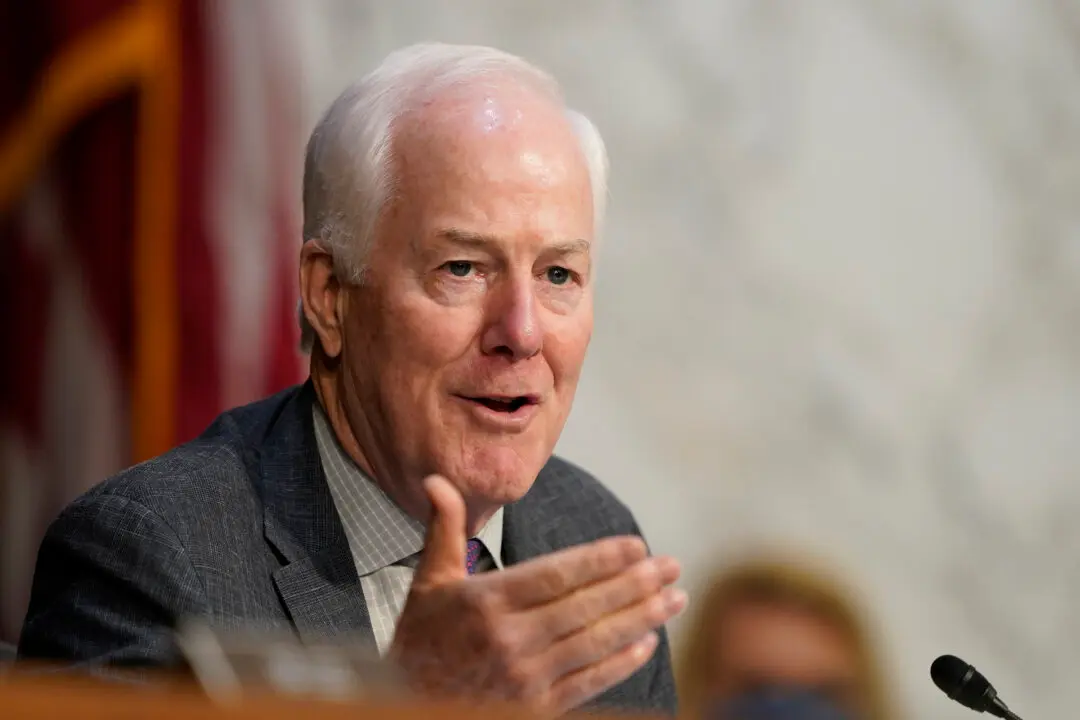In bold orange-and-black letters, a get-out-the-vote flyer warns that failure to cast a ballot can affect a person’s government benefits, legal rights, and even personal assets.
But the Virginia Attorney General’s Office alleges that such a message violates a state law forbidding false, intimidating, or coercive communication to voters.





